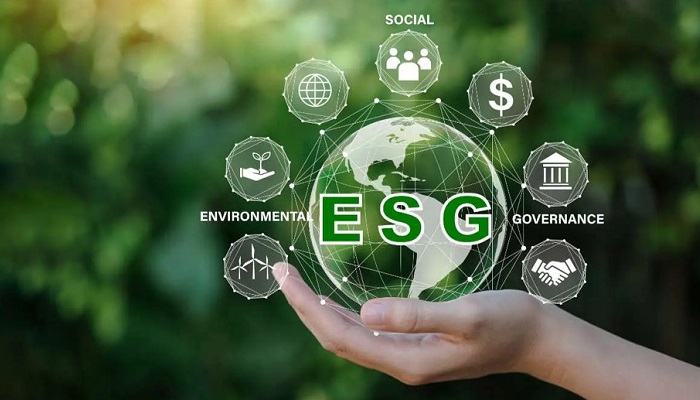Pharmaceutical companies have collaborated with the WHO through the Sustainable Markets Initiative to implement new supplier requirements, aiming to hasten the healthcare sector’s shift to net-zero emissions. The CEOs of AstraZeneca, GSK, Novo Nordisk, Merck, Roche, Sanofi, and Samsung Biologics jointly penned a letter detailing these requirements, with supply chain emissions accounting for over half of the global healthcare sector’s carbon footprint.
The letter introduces “minimum” targets for suppliers, mandating the assessment and disclosure of emissions across all three Scopes by 2025. Suppliers are also expected to commit to near-term goals aligned with the 1.5-degree Celsius pathway through the Science Based Targets initiative (SBTi). By 2025, they must establish targets for waste and energy reduction in manufacturing processes, as well as commit to transitioning to at least 80% renewable energy by 2030.
Furthermore, suppliers are charged with exploring methods to decrease heat-related emissions by 2030, setting standards for their own suppliers, and adopting water efficiency practices. Transport suppliers have until 2025 to make SBTi-aligned commitments and incorporate green transportation solutions by 2030.
The joint letter emphasizes the necessity of greener, more efficient, and circular healthcare supply chains. The companies assert that collaboration across the value chain is essential for decarbonization and the shift away from fossil fuels. These commitments build upon core actions initiated at COP27 and extend the companies’ impact beyond their individual organizations.
These seven companies are partners in the WHO-led Alliance for Transformative Action on Climate and Health (ATACH), which facilitates knowledge sharing among healthcare organizations in over 70 countries.
The focus on suppliers follows a year of internal efforts by the companies within the framework of the Sustainable Markets Initiative. In November 2022, the companies agreed to a new operational roadmap. This roadmap includes plans to explore renewable power purchase agreements in China and India in 2023 and to evaluate low or zero-carbon heat solutions by 2025, aiming for 100% renewable energy use. Additionally, the roadmap outlines a commitment to transitioning all vehicle fleets to 100% zero-emission vehicles within the decade.
Regarding Scope 3 emissions, the SBTi recently issued guidance for larger companies to engage with their supply chains and encourage suppliers to establish science-based targets. Supply chains often harbor significant negative impacts, generating more emissions and other environmental issues than a company’s operations alone. To address these challenges, discussions and insights were shared during edie’s Scope 3 Emissions Workshops, resulting in a comprehensive report that details the significance of Scope 3 emissions and offers guidance for businesses aiming to reduce them.



















